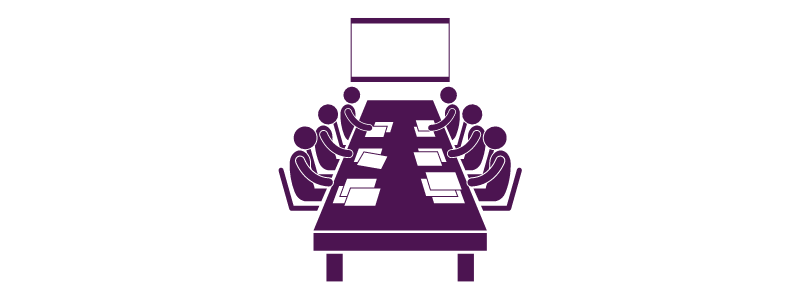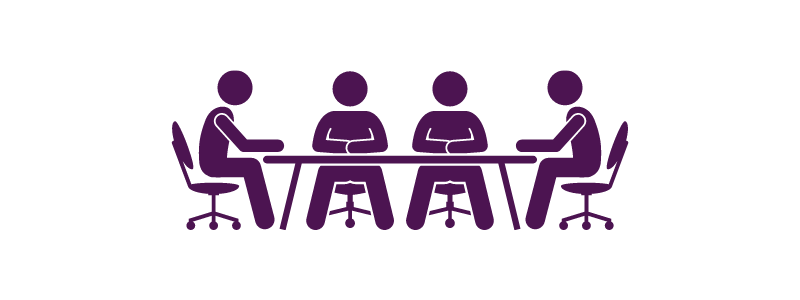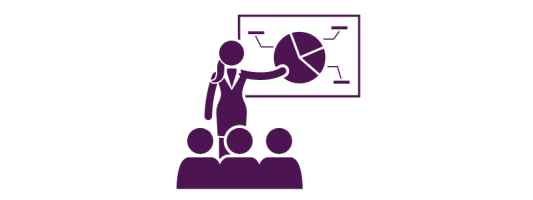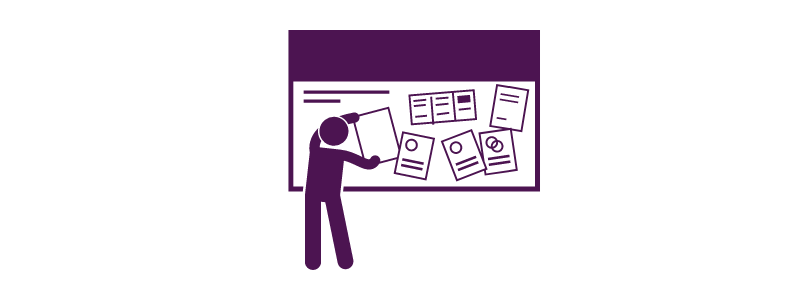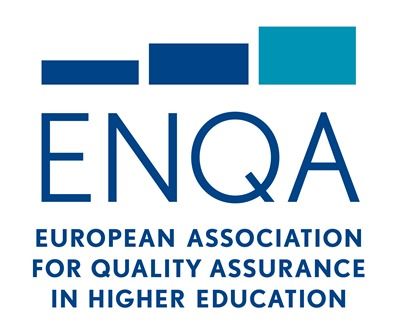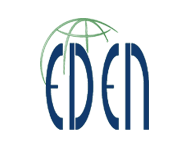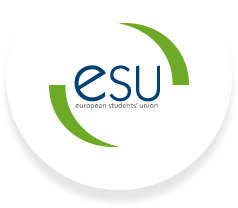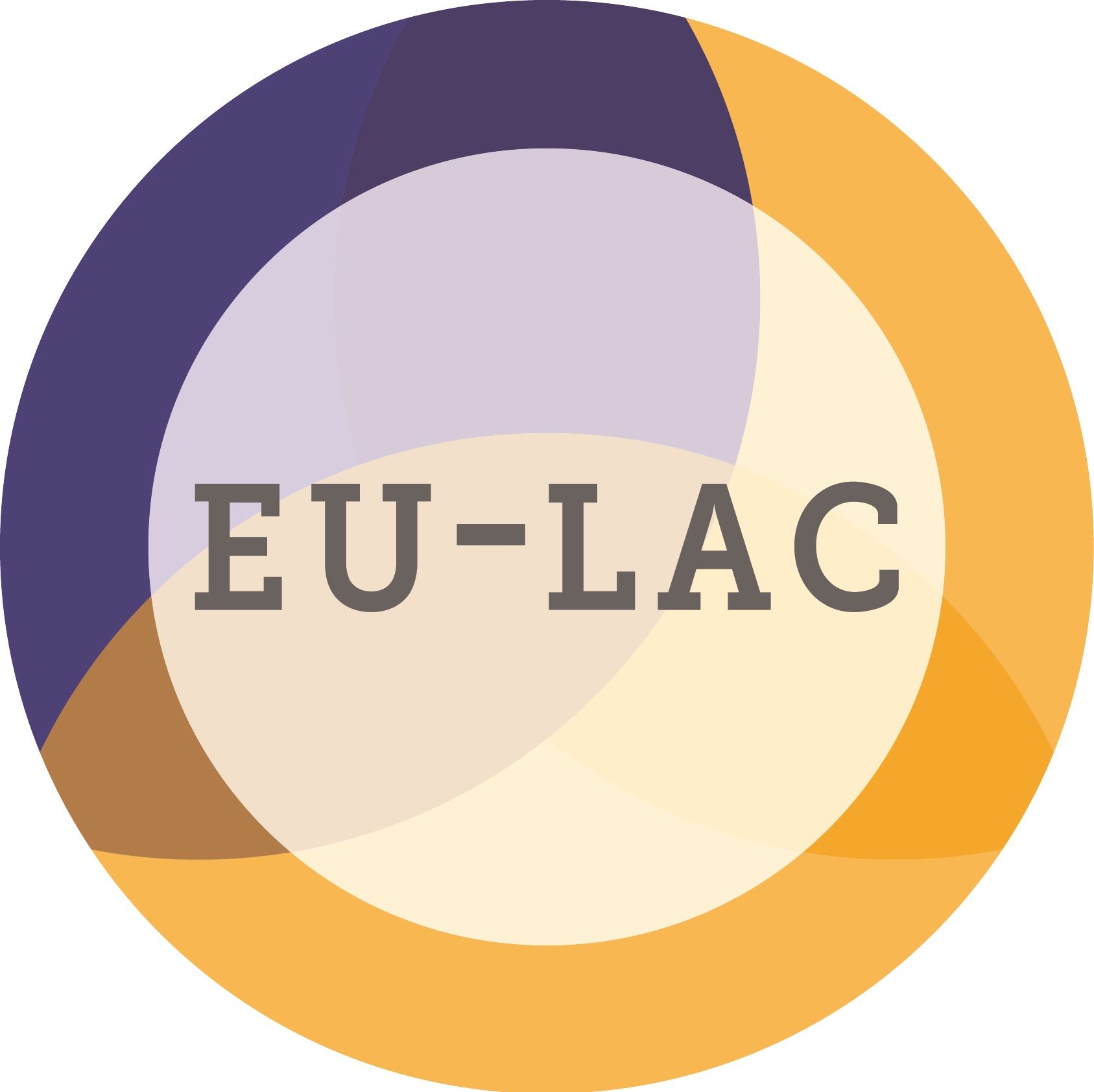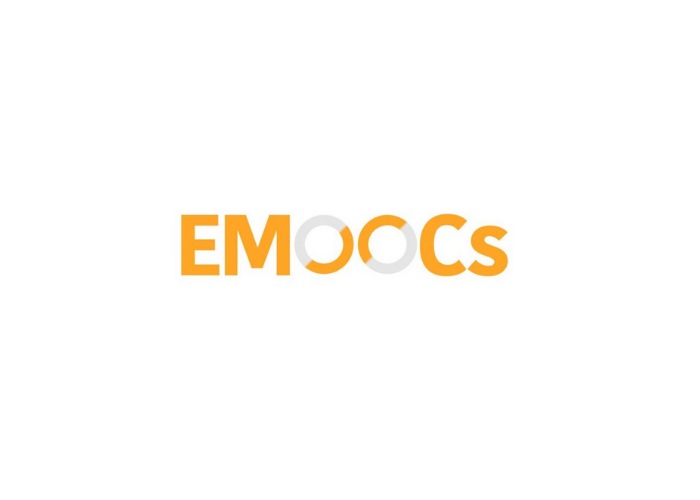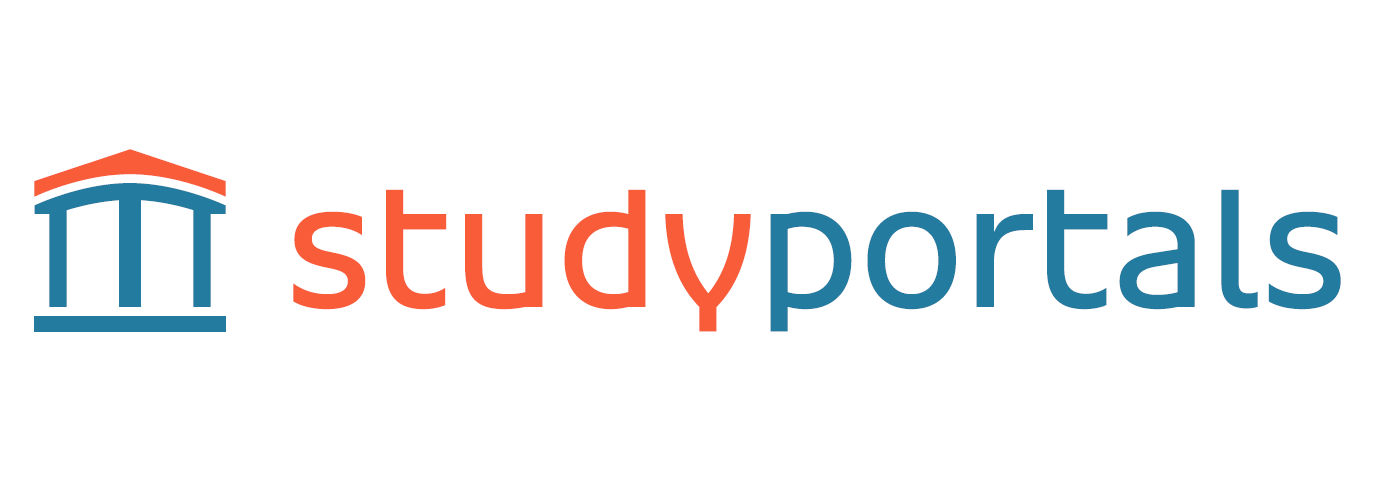The European Association of Distance Teaching Universities (EADTU) is the leading institutional university network for online, open and distance higher education. It is at the heart of innovation in the European Education Area, and in particular in the European Higher Education Area.
Founded in 1987, the Association has a long history of innovation in higher education. During this time, the secretariat and members have jointly built up a long experience and in-depth expertise in this field. Further information and evidence-based actions are continuously being set up.
Currently EADTU has 28 members, among them 11 open, online and distance teaching universities, 14 national associations of universities and single universities, 3 associated members). In total EADTU is representing over 150 European universities and 3 million students.
Recently, specific actions have been realized and consolidated related to the continuing professional development of university staff and leadership (EMPOWER); hybrid, blended and online on campus education; continuing education and continuing professional development through short learning programs and microcredentials; open education and MOOCs (OpenupEd); course and curriculum cooperation and mobility; university-business cooperation; and quality assurance for blended and online education (E-xcellence).
These activities are set up in permanent interaction with universities and form the basis for policy recommendations for national governments and the European Union, which contribute to the Bologna Process and the further development of the European Higher Education Area.
They directly support university institutions in the development of digital education in all areas of the educational offer and promote quality assurance and recognition of digital education in collaboration with national quality assurance agencies.
In addition, EADTU has established Task Force & Special Interest Groups for policies and good practices related to diversity and inclusion through digital pedagogies and tools, the recognition of informal and non-formal learning, and for e-assessment.
Furthermore, EADTU develops models and guidelines for supporting collaboration and mobility in European University Alliances (EUI) and other networks.
EADTU also coordinates the European MOOC consortium which consists of all major MOOC platforms (FutureLearn (UK), FUN MOOCs (FR), Miriadax (ES), EduOpen (IT), iMoox (AT), NAU (PT), AI Campus (DE) and the OpenupEd MOOC platform.
The objectives of these activities are directly and indirectly linked to the objectives of the Digital Education Action Plan, the European Skills Agenda and the European Education Area, in particular the acquisition of competences for employability and entrepreneurship; empower and support teaching staff; innovation and excellence; creating partnerships and open dialogue with stakeholders and policy makers; and actions related to civil society in general.
